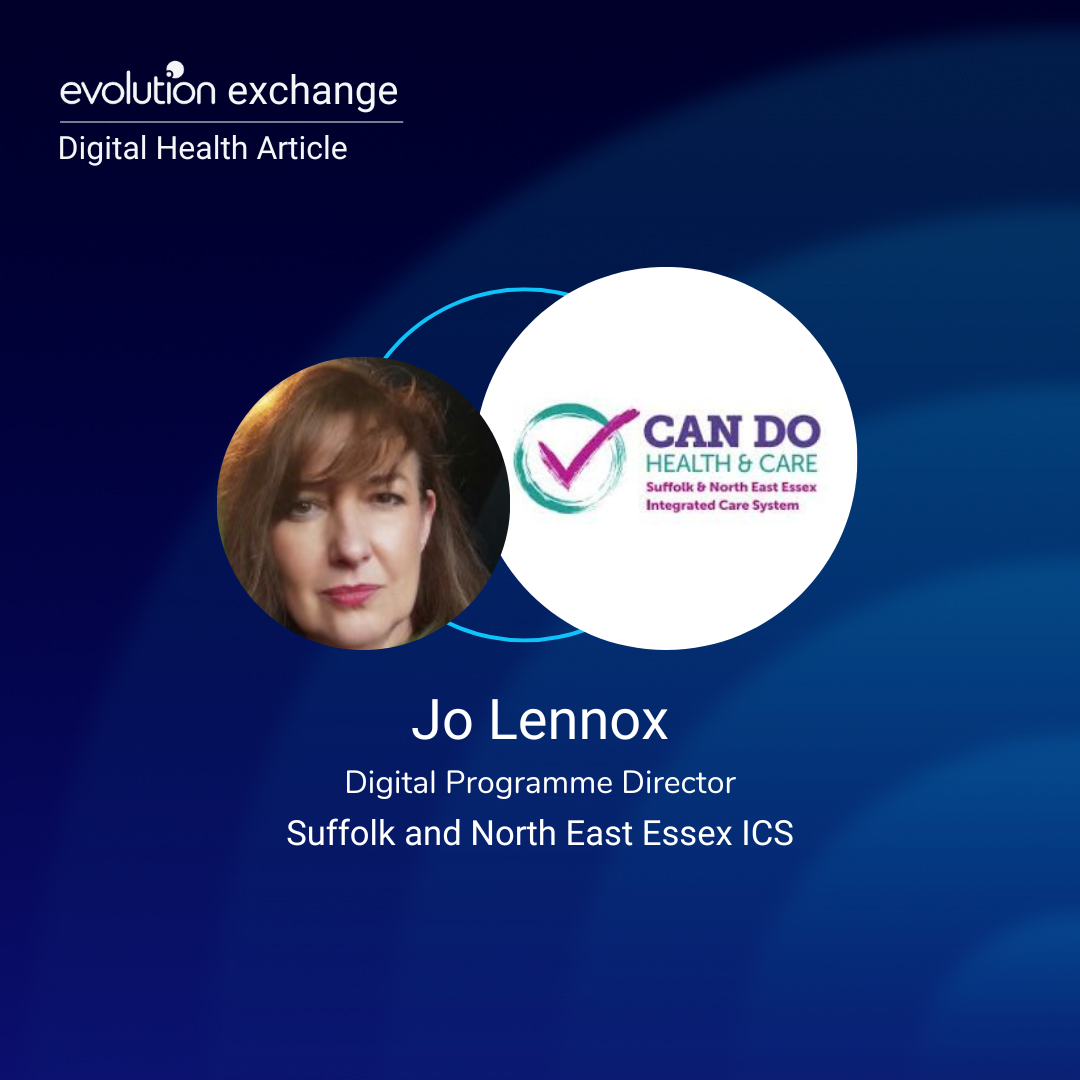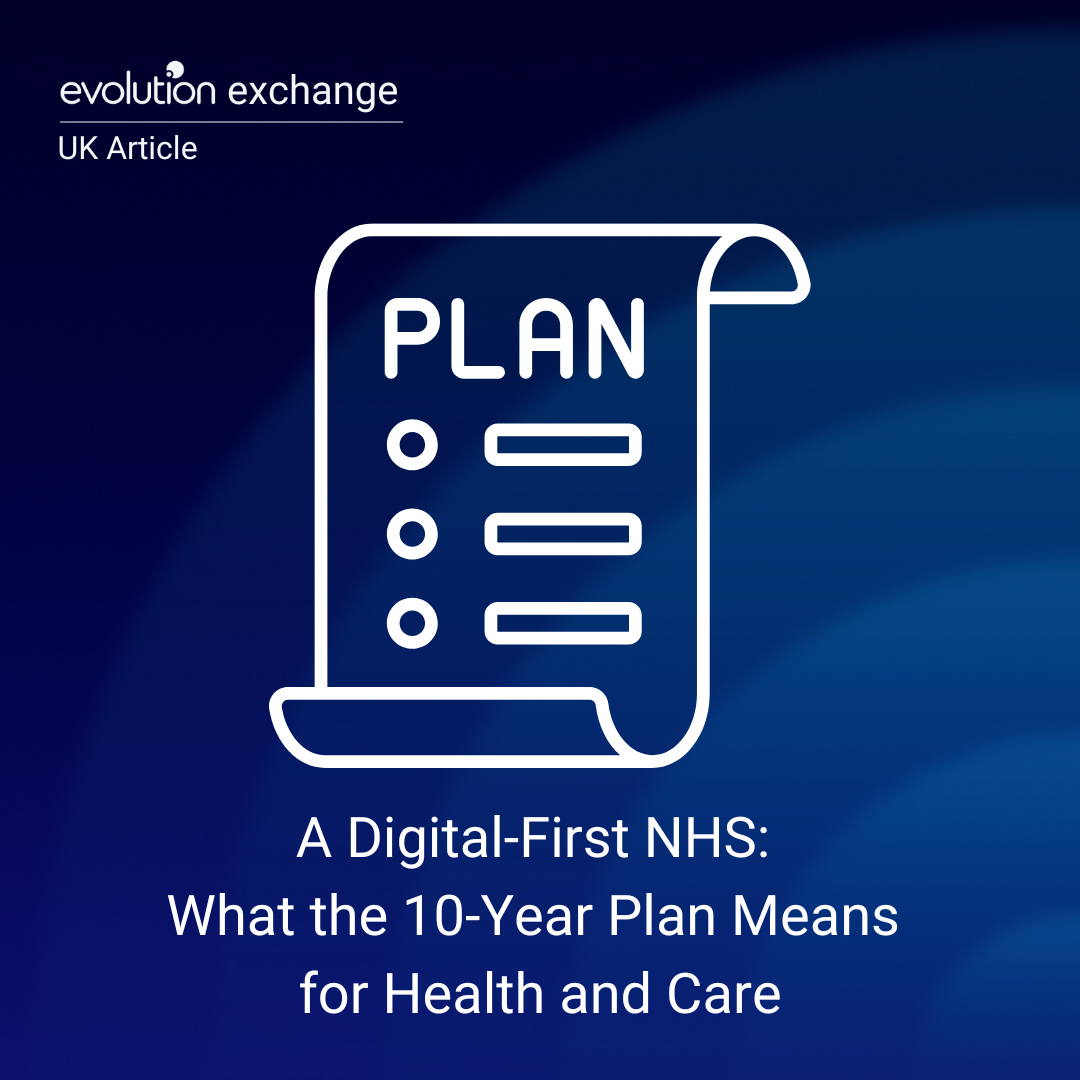As Singapore solidifies its position as a global tech hub, the marketing landscape within the technology sector is experiencing rapid evolution. Key trends, driven by advancements in technology and shifting consumer behaviors, are shaping how companies approach their marketing strategies. This article delves into the current marketing segments in demand, the requisite skills, and essential tools driving success in Singapore’s tech market.
Dominant Segments
- Digital Marketing and social media
Digital marketing remains paramount in reaching tech-savvy consumers. Companies are increasingly leveraging social media platforms to engage with their audience. With high smartphone penetration and internet usage in Singapore, platforms like Facebook, Instagram, LinkedIn, and TikTok are essential for brand visibility and customer engagement.
- Growth Marketing
Growth marketing focuses on acquiring and retaining customers through data-driven strategies and experimentation and AI-powered personalization is gaining traction currently as a key element of growth marketing. Companies are leveraging AI to personalize experiences, recommending relevant products, and crafting targeted messages that resonate with individual customers. This laser focus on individual needs translates to higher conversion rates, enticing upsells, and a more satisfying customer journey, ultimately boosting sales and building brand loyalty.
- Social commerce and influencer marketing
Social media platforms like Instagram and TikTok are fast becoming marketplaces. Influencer reviews, tutorials, and demonstrations can spark conversations and generate excitement around a new tech product. This buzz can create a sense of urgency and encourage early adoption, incentivizing tech companies to partner with influencers and leverage their social commerce features to increase sales.
Skills in Demand
- Data Analytics and Interpretation
The ability to analyze marketing campaign data, understand customer behavior, and translate insights into actionable strategies is highly sought-after.
- SEO/SEM Expertise
Proficiency in SEO and SEM is critical. Marketers must understand how to optimize content for search engines and manage paid search campaigns to ensure high visibility and traffic.
- Social Media Management
Managing and growing social media presence requires a deep understanding of platform algorithms, audience engagement strategies, and content curation.
- Marketing Automation and CRM
Knowledge of marketing automation platforms and customer relationship management (CRM) systems is crucial for executing and managing large-scale marketing campaigns efficiently.
- UI/UX Design
As user experience becomes a focal point, marketers with skills in UI/UX design can ensure that digital interactions are seamless and engaging.
Tools in Demand
- Social Media Management Tools
Platforms like Hootsuite and Buffer are indispensable for managing social media campaigns. These tools allow marketers to schedule posts, track engagement, and analyze performance across various social media channels. The automation of these tasks not only saves time but also ensures a consistent online presence. For tech companies, maintaining an active and responsive social media profile helps in building brand awareness and engaging with the tech-savvy audience, ultimately driving traffic and potential leads to their websites.
- Media Editing Tools
Adobe Creative Suite and Final Cut Pro are powerful tools for creating high-quality multimedia content. These tools offer advanced features for video editing, graphic design, and photo manipulation, which are crucial for producing engaging marketing materials. High-quality visuals and videos are particularly effective in capturing the attention of audiences in the tech sector. By using these tools, marketers can create professional-grade content that enhances their brand’s image and communicates complex tech concepts in an accessible and appealing way.
- Customer Relationship Management (CRM) Tools
Salesforce and HubSpot are leading CRM tools that help businesses manage and analyze customer interactions and data throughout the customer lifecycle. These platforms provide valuable insights into customer behavior and preferences, enabling personalized marketing efforts. For tech companies, a robust CRM system is essential for nurturing leads, managing customer relationships, and driving sales. The automation and integration features of CRM tools streamline marketing and sales processes, making them more efficient and effective.
- Graphic Design Tools
Canva, Photoshop and Adobe Illustrator are popular tools for creating visually appealing graphics. These tools are user-friendly and offer a wide range of templates and design elements, making it easy for marketers to produce professional-looking marketing materials without extensive design experience. For tech companies, well-designed graphics can enhance social media posts, presentations, and marketing collateral, helping to convey their message more effectively and attractively. Utilizing graphic design tools ensures that marketing materials are not only visually appealing but also align with the brand’s identity.
Conclusion
The marketing landscape in Singapore’s technology sector is dynamic and multifaceted. As digital transformation accelerates, companies must adapt by embracing new marketing segments, honing relevant skills, and utilizing advanced tools. By staying ahead of these trends, tech marketers in Singapore can effectively engage their audience, drive growth, and maintain a competitive edge in this fast-paced industry.






























